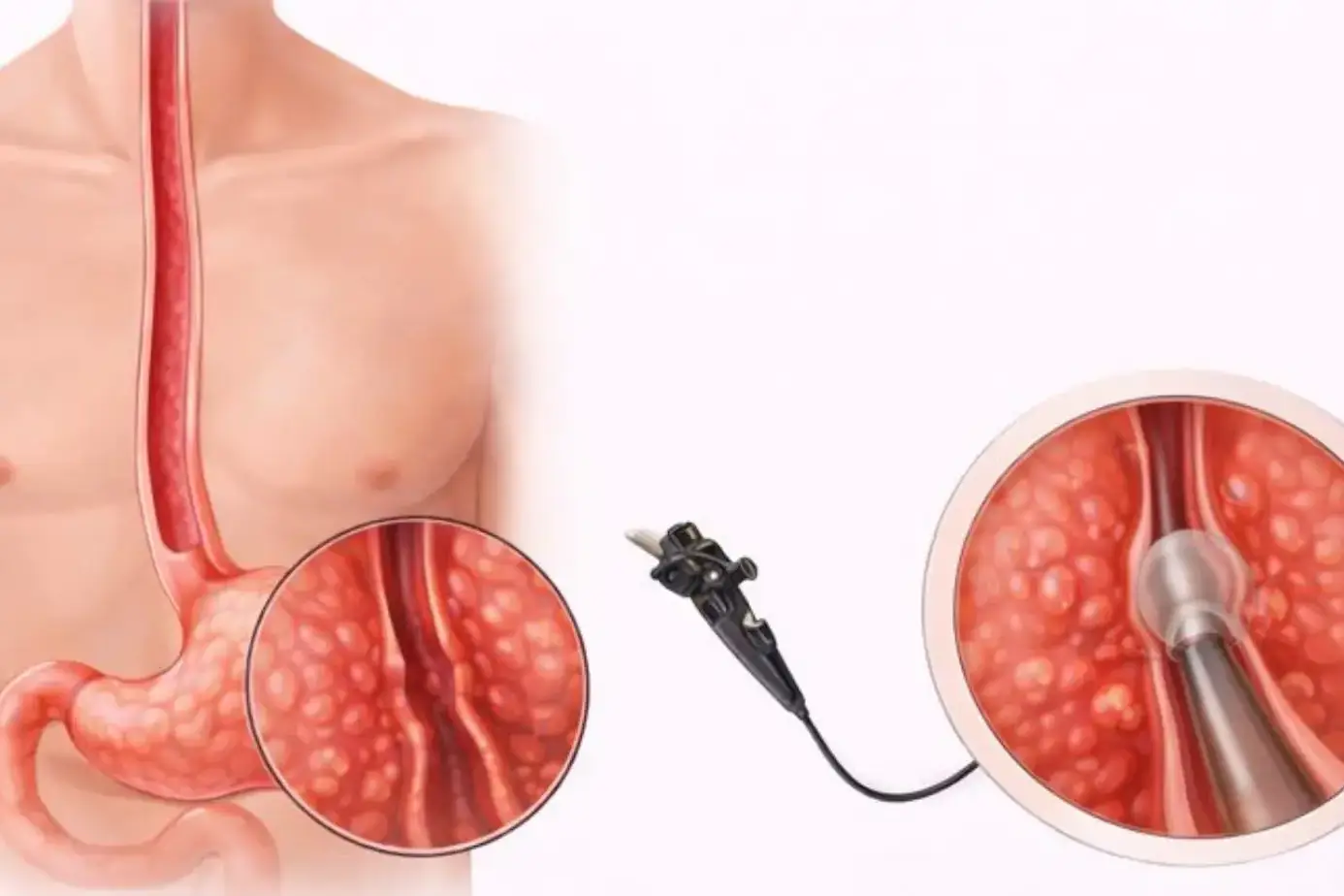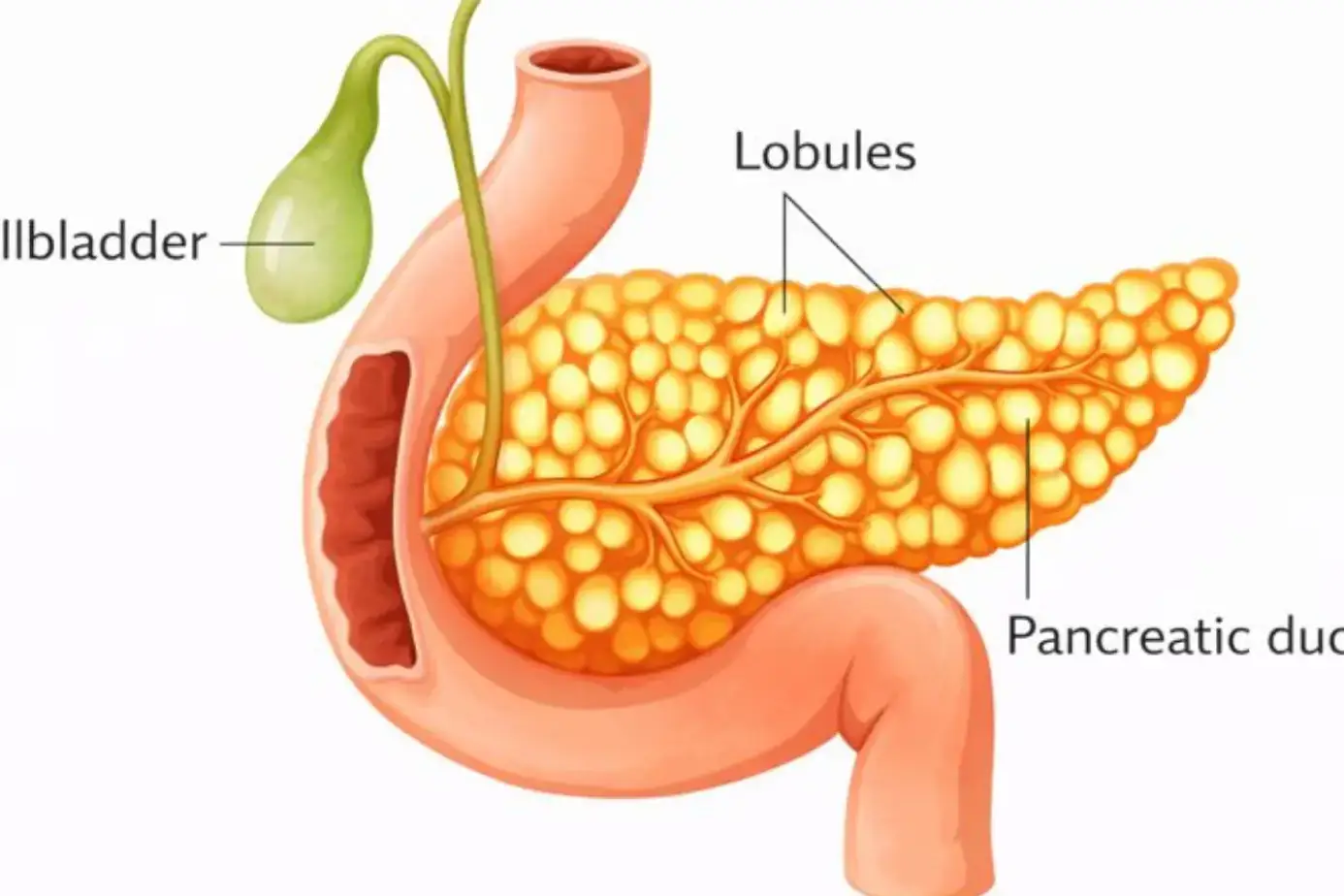Ever feel like your gut has a mind of its own? It turns out, it kind of does! Your digestive system is teeming with trillions of tiny inhabitants – gut flora bacteria. These microscopic superheroes form a bustling community, your gut microbiome, and they’re not just about digestion. They play a surprisingly huge role in everything from your immune health and mood to your energy levels. Think of them as tiny partners working tirelessly inside you. This article dives into the fascinating world of gut bacteria, explaining the difference between the good guys and the not-so-good, and most importantly, reveals simple, actionable ways you can nourish these vital allies for better overall well-being. Ready to unlock the secrets to a happier gut and a healthier you? Let’s explore the power of your gut microbiome!
Table of Contents
ToggleWhat Is Gut Flora?
Gut flora refers to the microorganisms in your digestive tract. This includes bacteria, fungi, viruses, and other microbes. While some can cause illness, many are essential for digestion and overall health.
Why Gut Bacteria Matter
A healthy gut microbiome helps your body:
- Break down food
- Absorb nutrients
- Make certain vitamins (like B12 and K)
- Protect against infections
- Regulate immune responses
- Support mood and brain function
An imbalance in gut flora can lead to digestive issues, inflammation, and even mental health symptoms.
Types of Gut Bacteria
Your gut has both beneficial and harmful bacteria. A healthy balance between the two is crucial.
1. Bifidobacteria

These bacteria are most common in infants and are essential for early immune development. In adults, they support digestion and help reduce symptoms of IBS.
2. Lactobacilli

They help maintain gut acidity, preventing harmful bacteria from growing. Found in fermented foods like yogurt and kefir, they support digestion and nutrient absorption.
The Good vs. the Harmful
Beneficial Bacteria
Bacteria like Lactobacillus , Bifidobacterium , and Saccharomyces boulardii :
- Aid in digestion
- Boost your immune system
- Support a healthy gut lining
Harmful Bacteria
Overgrowth of bad bacteria like Clostridium perfringens or Staphylococcus can cause:
- Gas and bloating
- Infection and inflammation
- Weak immune response
Balancing these two types is key to digestive and overall wellness.
Gut Bacteria Across Your Lifetime
Your gut flora changes as you age.
- Infants : Rich in Bifidobacteria (thanks to breastfeeding)
- Adults : More diverse microbiomes
- Older Adults : Fewer good bacteria, more harmful ones
These changes can impact digestion, immunity, and energy levels. Supporting your microbiome at every stage of life is important.
Signs Your Gut Flora Is Out of Balance
Some common symptoms of gut imbalance include:
- Bloating or acid reflux
- Sugar cravings
- Food intolerances
- Unexplained fatigue
- Poor sleep or mood swings
- Frequent illness
If these sound familiar, your microbiome may need support. Learn how reflux may signal imbalance: Understanding Acid Reflux
How to Improve Gut Health
Improving gut health doesn’t require drastic changes. Focus on daily habits:
Eat for Your Microbiome
- Prebiotic foods : Garlic, onions, bananas, oats
- Probiotic foods : Yogurt, kefir, kimchi, sauerkraut
- Fiber-rich foods : Fruits, veggies, legumes
Live for Your Microbiome
- Get enough sleep
- Manage stress
- Stay physically active
- Avoid unnecessary antibiotics
- Stay hydrated
These simple changes help build a stronger, more diverse gut microbiome.
Probiotics: Why They Matter
Probiotics are live bacteria that help restore balance in your gut. They can help:
- Reduce bloating
- Relieve constipation
- Improve IBS symptoms
- Boost immunity
- Support mental health
You can get probiotics from foods or supplements. Always talk to your doctor to choose the right type.
Conclusion
Your gut flora bacteria are more than digestive helpers—they’re central to your overall health. When balanced, they:
- Help you digest food
- Protect against disease
- Boost mental and immune health
With the right food, lifestyle, and care, you can support a thriving gut microbiome—one that keeps your body and mind in sync.
FAQs
What are gut flora bacteria?
Microbes in your digestive tract that help you digest food and stay healthy.
How can I improve my gut bacteria?
Eat fiber-rich and fermented foods, manage stress, and avoid overusing antibiotics.
What are signs of poor gut health?
Bloating, acid reflux, sugar cravings, fatigue, and food intolerances.
What do gut bacteria eat?
They feed on dietary fiber—especially prebiotics found in plants.
Can probiotics help?
Yes. Probiotics help balance gut bacteria and may relieve many digestive symptoms.
About The Author

Medically reviewed by Dr. Nivedita Pandey, MD, DM (Gastroenterology)
Senior Gastroenterologist & Hepatologist
Dr. Nivedita Pandey is a U.S.-trained gastroenterologist and hepatologist with extensive experience in diagnosing and treating liver diseases and gastrointestinal disorders. She specializes in liver enzyme abnormalities, fatty liver disease, hepatitis, cirrhosis, and digestive health.
All content is reviewed for medical accuracy and aligned with current clinical guidelines.
About Author | Instagram | Linkedin





